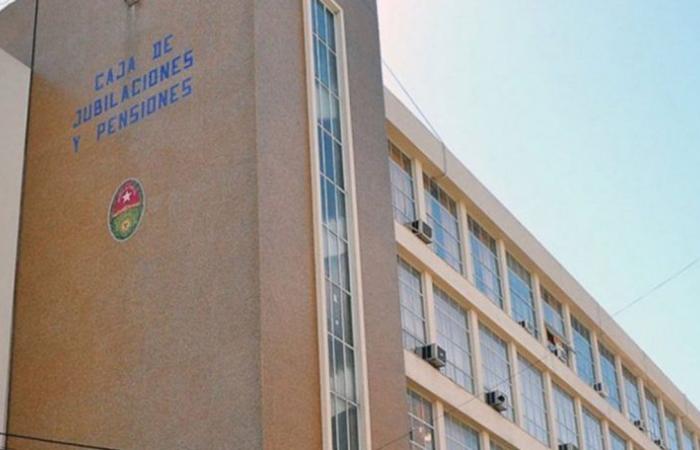The retirement reform that the Government announced on May 31 and that was materialized in the decree No. 1,576, of this Monday, the 24th, will be applied starting next Monday, July 1.
This is how the president of the Retirement and Pension Fund of Entre Ríos, Gastón Bagnat, defined it. “It applies in July, with the July salaries. The resolution with the application date will be published in the next few days,” he explained.
The Executive Branch issued decree No. 1,576 through which it began to shape the reform of the retirement system that it announced on May 31, with the idea of maintaining the 82 percent mobile, not touching the retirement age and keeping the Retirement and Pension Fund within the provincial orbit.
Then, the idea was raised of increasing the personal contribution of Administration workers to the pension system, which would go from 16 percent to 19 percent; and add a 3 percent contribution to contributors to special regimes – those who retire early -, teachers and Mental Health, in addition to an extra contribution also for the police regime.
In its Article 1, the decree provides for “a 3 percent increase in personal contributions, and 3 percent in employer contributions, which will be added to those currently in force on the salaries of all active workers covered by the regime of Law No. 8,732 and Special Laws, which are incorporated into the Provincial Pension System.”
Also, a “personal contribution of 3 percent for provincial pensioners who have accessed the special ordinary retirement benefit until they meet the requirements set by law to access the common ordinary retirement.”
Civil servants are eligible for ordinary retirement when they reach 62 years of age for men and 57 years of age for women. In special schemes, such as that for teachers, retirement begins at 54 years of age for men and 52 years of age for women.
This was reported by the Entre Ríos site. Now, the Government plans to send a bill to the Legislature to give “predictability” to the sectoral joint negotiation. The Executive only controls the negotiation in 14 levels, but there are another 84 that escape its control: salaries are agreed upon that impact the pension system, which is under the control of the provincial government. And there he wants to have intervention and for that the reform of the legal framework.
There will also be, said the president of the Caja, Gastón Bagnat, a provision by the Ministry of Security and Justice, headed by Néstor Roncaglia, which will enable a “solidarity contribution” so that the security ranks, which are in the group of special regimes – the police retire early – continue contributing until they reach the age of the general rank for retirement.
There will also be a “modification of rates, which is the most unpleasant part, and we respect the dissent of the teaching sector, but deep down we share the concern about the loss of resources due to lack of management in the Nation due to the loss of contributors and the lack of application of the law”.
So there will be three scenarios: a “solidarity contribution” from the Ministry of Security for the security ranks; an increase in the personal contribution, from 16 percent to 19 percent for the retirement system; and the inclusion of an extra contribution of 3 percent for special regimes, teachers and mental health.
Added to this is the claim for funds before ANSeS. “That will allow us to reduce the deficit considerably,” he says.






